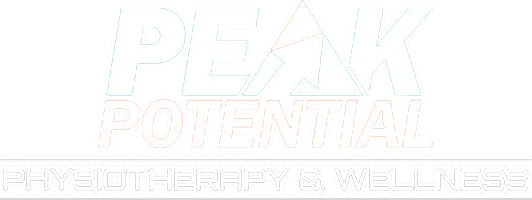Collierville, TN
930 W Poplar Ave Ste. 5, Collierville, TN 38017
Phone: (901) 316-5456
Email: admin@peakpotentialpt.com
Memphis, TN
1045 Oakhaven Rd, Memphis, TN 38119
Phone: 901-665-0500
Email: admin@peakpotentialpt.com
Physical Therapy in Collierville, TN
Achieve Peak Potential and Live Pain-Free
Experience personalized physical therapy designed to relieve your pain, restore your strength, and get you back to doing what you love.

Over 370 5-Star Reviews
With more than 370 five-star ratings, we are very humbled by the many positive feedback from our community. Thank you for the support!

Facebook 5-Star Rating
Our Facebook 5-star rating is a testament to our exceptional service and commitment to customer satisfaction. Thank you for your continued support!

Recognized for Excellence
We've been named a Top 3 provider for Best Physical Therapist, Health Coach, and Nutritionist by Memphis Health & Fitness Magazine for multiple years.
Top Rated Physical Therapists
in Collierville, TN
At Peak Potential Physiotherapy & Wellness, we provide expert care tailored to your unique needs. Our licensed, professionally trained physical therapists offer specialized treatments, including dry needling and comprehensive therapy for injuries and pain management. You can rely on our dedicated team to help you feel your best and keep your body in top condition.
We pride ourselves on delivering personalized care through individualized treatment plans designed specifically for each patient. Our therapists also offer valuable education to help you improve your health and prevent future injuries, empowering you to live an active, pain-free life.
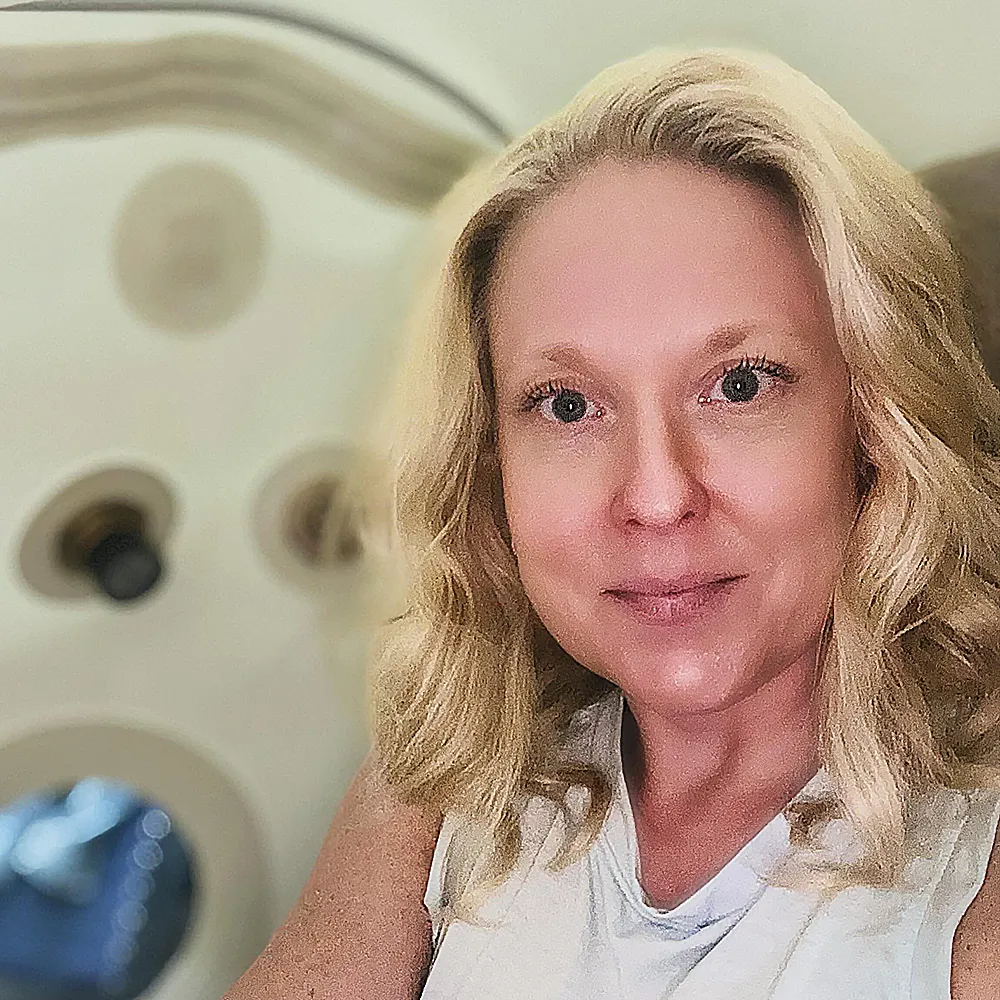
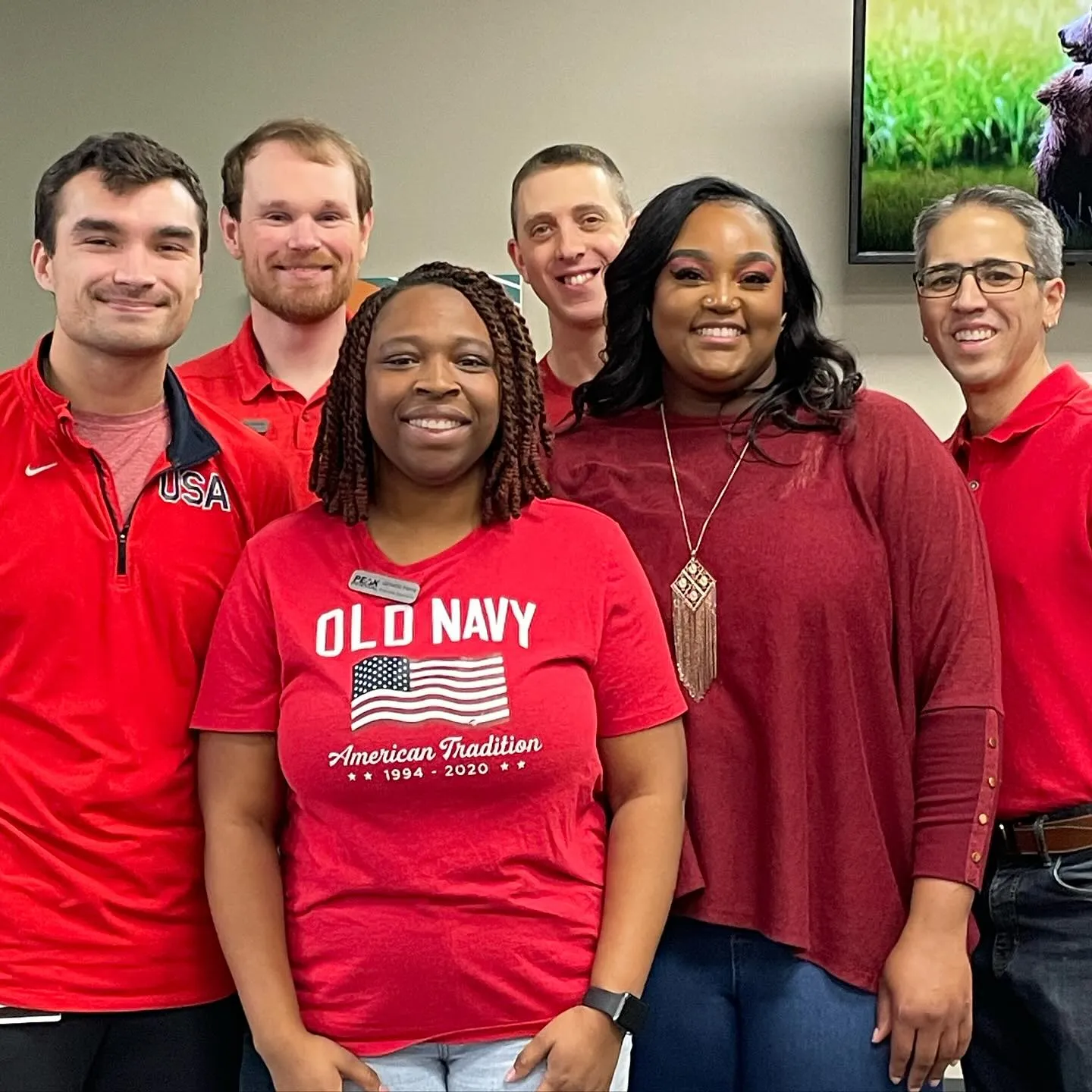
Personalized Care from Our Team
No two bodies are alike, and injuries can vary greatly, even in the same area. At Peak Potential Physiotherapy & Wellness, our experienced medical team carefully evaluates your condition to develop a customized treatment plan tailored to your specific needs. With personalized attention and unwavering support, we’ll guide you through each step of your recovery, helping you get back to feeling and performing your best.
Our Proven 4-Phase Recovery Program
Pain
In pain and unsure where to turn? Our physical therapy experts provide one-on-one care to identify the root cause and create a personalized treatment plan.
Prevent
Worried about re-injury? Our physical therapists will equip you with the tools so you can prevent future injuries and ensure a quick, safe recovery.
Prime
Staying motivated after pain relief can be tough. In We can help you regain mobility, flexibility, and strength, preparing you for success and injury prevention.
Perform
Injured and eager to return to normal? Our experienced physical therapists offer personalized rehab plans to get you back to doing what you love quickly.

Check out our Dry Needling Workshop
Success Stories & Testimonials
Meet Our Team

Dr. Trevor Ling
PT, DPT, ATC/L, MBA, COMT, ASTYM-cert
Co-Owner, Lead Physical Therapist at Collierville location

Dr. Amanda Ling
PT, DPT, FNS
Co-Owner, Physical Therapist, Functional Nutritionist, and Integrative Health Coach

Dr. Tyler Grady
PT, DPT
Lead Physical Therapist at East Memphis location
Treatments
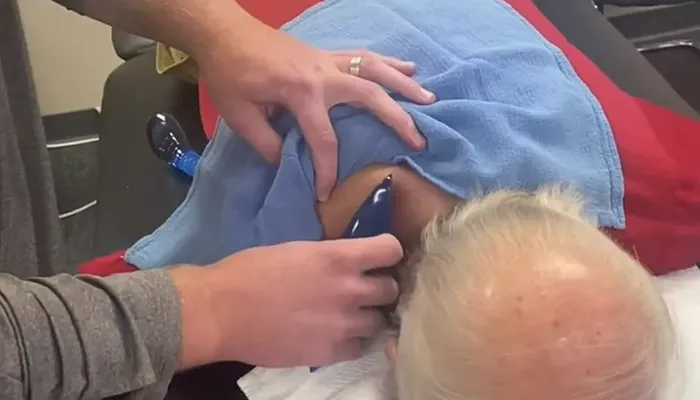
ASTYM
If pain or injuries from soft tissue damage have made it difficult to live your life to the fullest, ASTYM therapy at Peak Potential Physiotherapy & Wellnessin Collierville, TN can help speed healing, enhance….
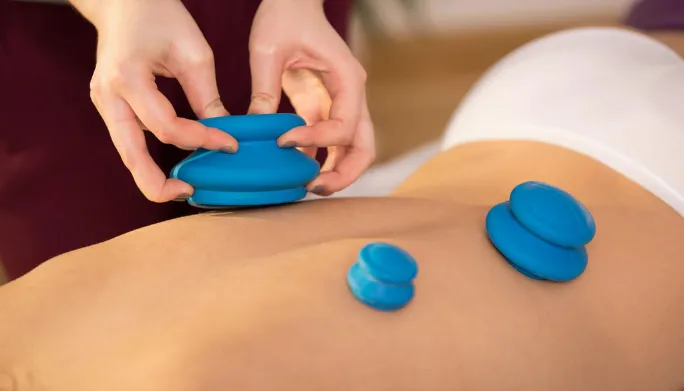
Cupping
If chronic injuries, inflammation, or muscular tension has you feeling less than your best, exploring cupping therapy with Peak Potential Physiotherapy & Wellnesscan help get you back on track.
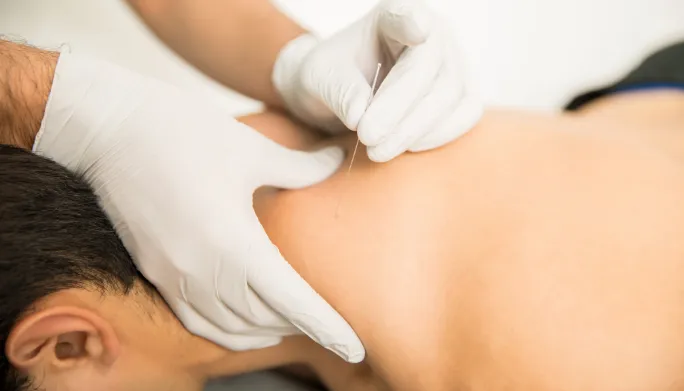
Dry Needling
If unrelenting muscle tension, restricted mobility from past injuries, or unresolved neurological and movement dysfunction has you struggling to perform basic tasks pain-free, exploring dry needling…
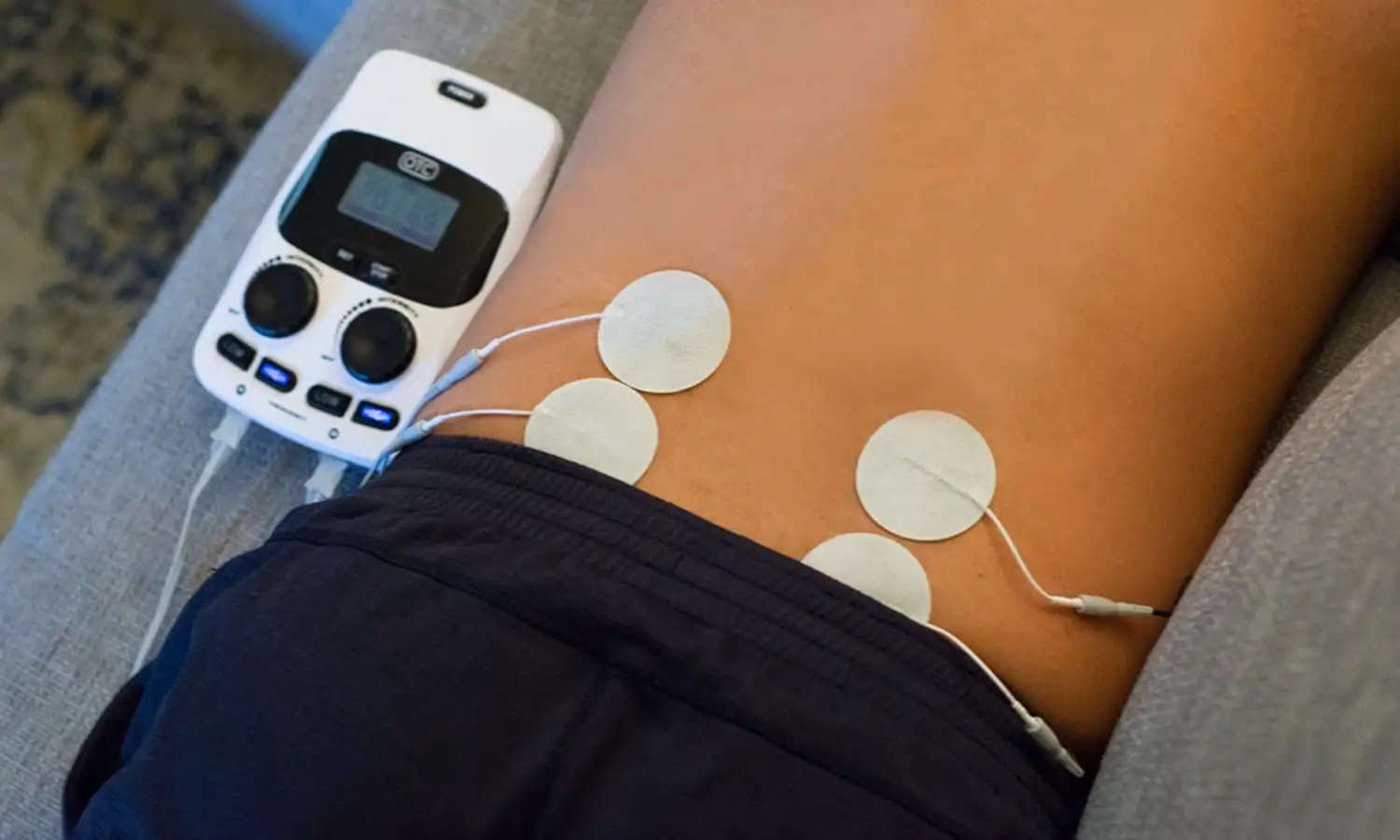
H-Wave Therapy
Are you tired of living with persistent pain that limits your daily activities? Do you dream of a pain-free life where you can move freely and enjoy your favorite hobbies again? At Peak Potential Physiotherapy…
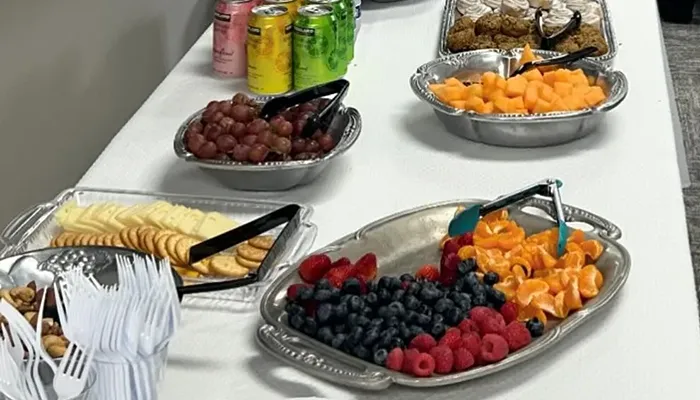
Nutrition Counseling
Would you like to break free of fad diets and nourish your body with the customized fuel it needs to thrive? Are you hoping to instill healthy eating habits but don’t know where to start amidst conflicting…
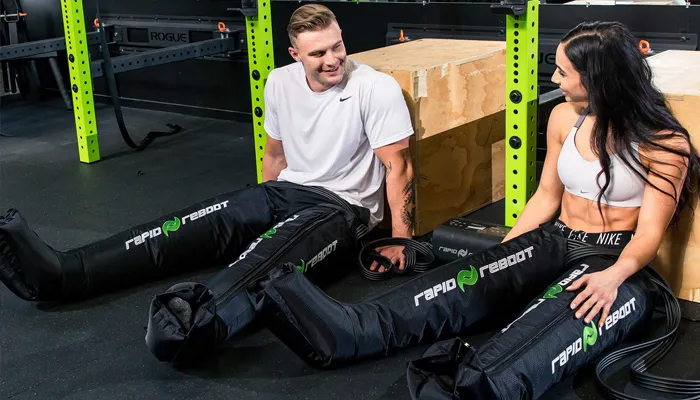
Rapid Reboot Compression Therapy
Are you tired of lingering muscle soreness after your workouts? Struggling with slow recovery times that hinder your athletic performance? Or perhaps you’re dealing with persistent swelling…

Health Coaching
Are you tired of feeling stuck in your health journey? Do you want to make lasting changes but don’t know where to start? At Comprehensive Healing & Wellness in Austin, we understand the…
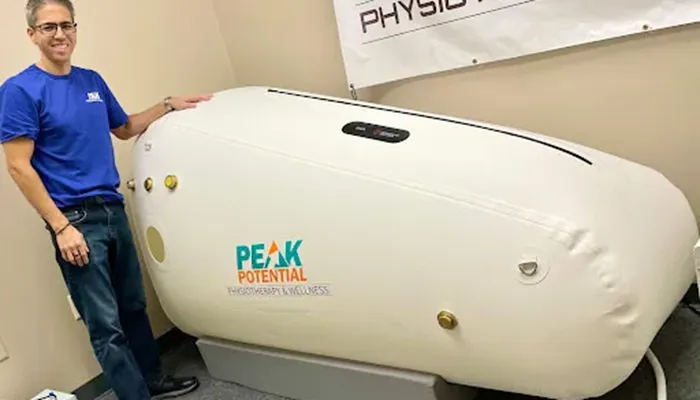
Hyperbaric Oxygen Therapy
Are you struggling with persistent pelvic floor issues that seem resistant to traditional treatments? Imagine a therapy that could accelerate your healing, reduce inflammation, and boost your…

Physical Therapy
From weekend warriors dealing with nagging pain to aging adults hoping to remain independent, patients choose Peak Potential Physiotherapy & Wellness for customized physical therapy to help them…
At Peak Potential Physiotherapy & Wellness, we understand your desire for an active life free from pain. Whether you’re dealing with back pain, sciatica, neck pain, or joint issues, these conditions can be frustrating and leave you unsure of where to turn.
You deserve a body that works for you. Our personal experience with injury fuels our passion to help others. That’s why we’ve successfully guided thousands back to pain-free, active lives, treating chronic pain, nerve pain, sports injuries, and more.
Here’s how we do it:
- Share your story.
- Receive your personalized treatment plan.
- Begin your journey to recovery.
- Achieve your goals and live the life you love.
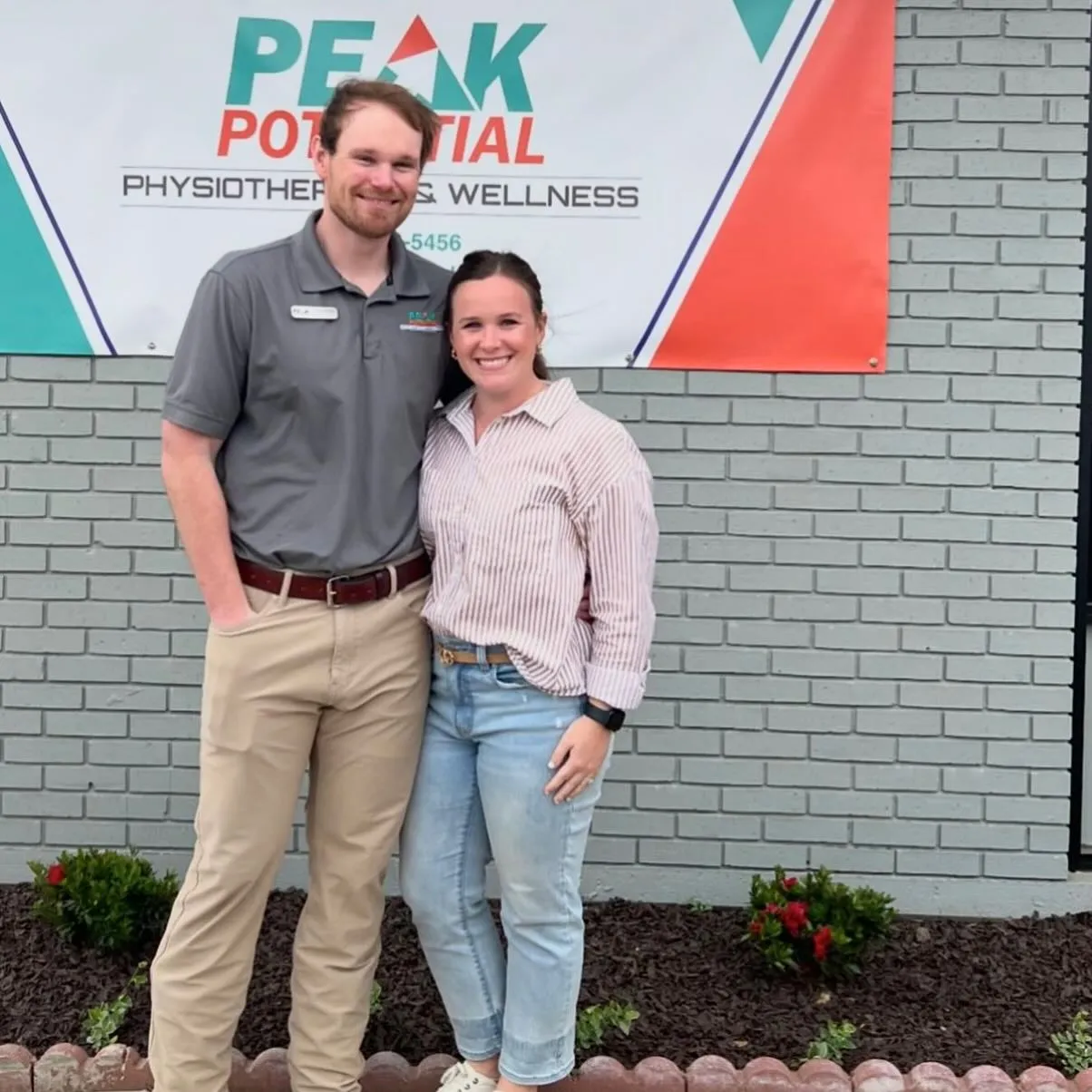
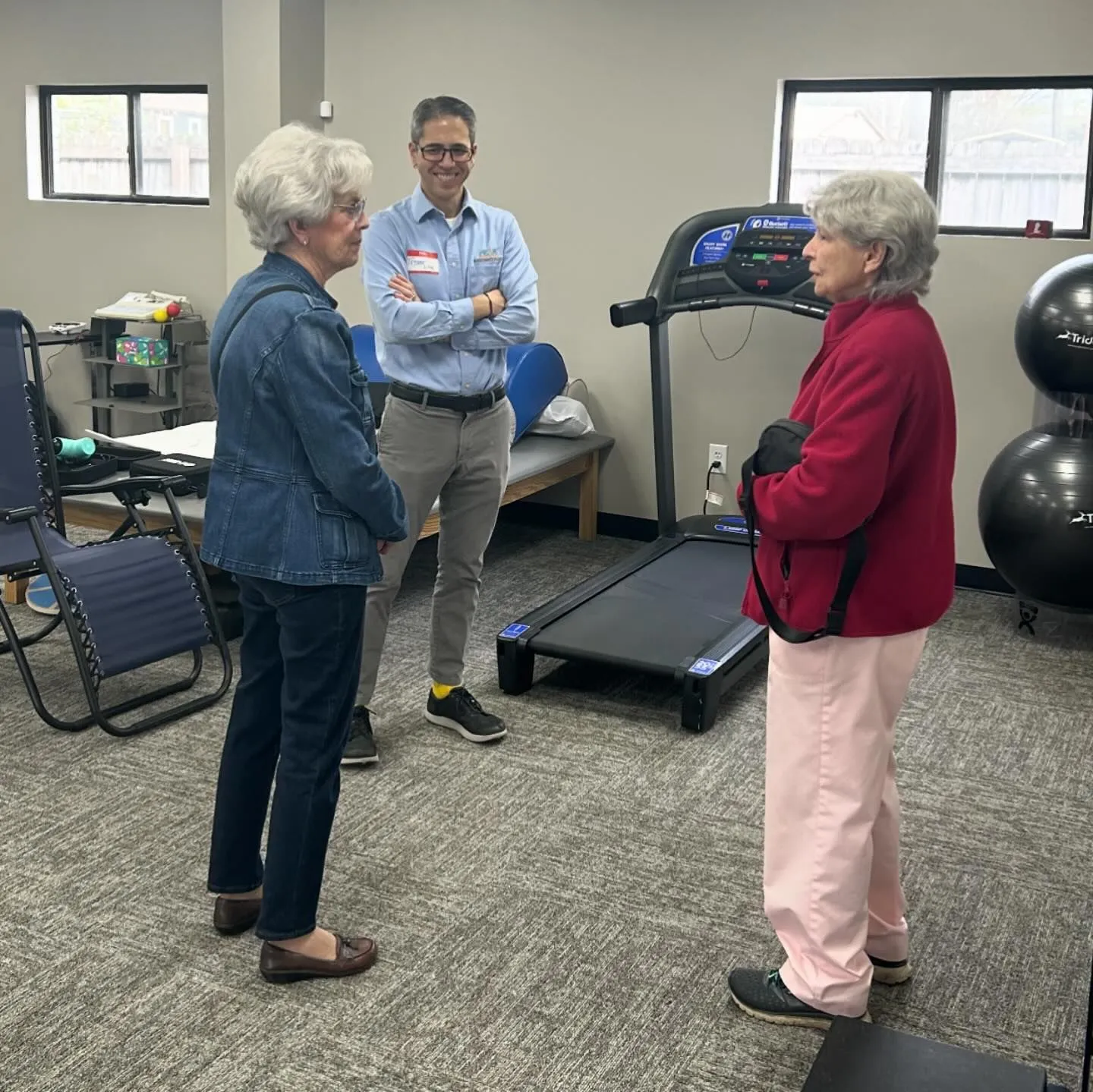
Our Physical Therapy Programs
At Peak Potential Physiotherapy & Wellness, we offer high-quality physical therapy and wellness services to help you achieve your goals.
We begin with pain management using treatments like dry needling and manual therapy, followed by corrective exercises to restore strength.
As you progress, we focus on functional training and injury prevention through services like cupping, blood flow restriction, and hyperbaric oxygen therapy to keep you strong and active.
Frequently Asked Questions
What should I expect during physical therapy sessions?
Physical therapy sessions typically involve an assessment of your condition, manual techniques to improve mobility and flexibility, individualized exercises and activities to help you reach your goals, education on how to prevent further injury or pain, and instruction on proper posture, body mechanics and other lifestyle changes.
Can I see a physical therapist without a doctor’s referral in Tennessee?
In Tennessee, you can see a physical therapist without a doctor’s referral thanks to direct access laws, but there are some limits: you can receive physical therapy for up to 90 days before your physical therapist must consult with your physician, and if you have a chronic, neuromuscular, or developmental condition diagnosed by a physician, you can continue physical therapy beyond 90 days without needing further physician consultation.
What do I need to wear or bring with me?
You should dress in comfortable, loose clothing that allows you to move easily and doesn’t restrict circulation. Depending on your condition, your physical therapist may also recommend special shoes or a brace. You should also bring any paperwork related to your medical history, including x-rays, ultrasounds, and doctor’s notes.
Is there anything I can do before my appointment to prepare?
Yes! Make sure you arrive for your session well-rested so that you can give it your full attention and energy. It is also helpful if you keep track of how much pain medication (if any) you take prior to the appointment so that the physical therapist can adjust the intensity of treatment accordingly.
How long will my physical therapy sessions last?
Sessions typically last 30-60 minutes depending on your condition and the types of techniques used. Your physical therapist will give you an estimate when you first arrive for your appointment.
Are there any exercises I can do at home between appointments to help improve my condition?
Yes! Your physical therapist may provide specific exercise recommendations for you to try in between visits, which will help speed up your recovery and progress faster toward reaching your goals. It’s important to follow these carefully and always check with your PT before starting a new exercise program if you have any questions or concerns.
What if I have questions after my physical therapy session?
Your physical therapist should be available to answer any questions or concerns you may have about your treatment plan before and after each visit. You can also contact the clinic directly for further assistance. We want you to get the most out of every session!
Will insurance cover my physical therapy?
It depends on your insurance plan. While many plans cover some or all of the costs associated with physical therapy, we currently do not accept Medicaid, Personal Injury, or Workers’ Compensation cases. We recommend checking with your insurance provider to confirm your coverage and any out-of-pocket expenses.
How often will I need to attend physical therapy sessions?
The frequency of visits will depend on your individual goals and condition, but typically it is recommended that patients attend 2-3 times per week for a minimum of 4-6 weeks in order to maximize results. Your therapist will provide more details during your initial appointment.
How long will it take for me to see results?
Every person’s situation is unique; therefore the amount of time needed to reach goals varies. With commitment and dedication from both you and your physical therapist, you can expect to start seeing results within a few weeks. The more positive lifestyle changes you make, the faster your progress will be!
Will my physical therapist be able to answer any questions I have about my condition?
Yes! Your physical therapist should be available to discuss any concerns or questions you have regarding your condition or treatment plan. Don’t hesitate to bring up any issues that may arise during the course of therapy.
What if I feel too much pain during a session?
If at any time during your physical therapy session you experience increased pain, it’s important to let your therapist know so they can adjust the intensity or technique as necessary. Your therapist will work with you to make sure that treatment is comfortable and effective for you
How will I know when I no longer need physical therapy?
Your physical therapist should be able to provide guidance on when it is appropriate to stop attending physical therapy sessions based on your progress, goals, and overall health status. It’s important to listen to your therapist and continue with treatment until they feel you are ready to move on.
